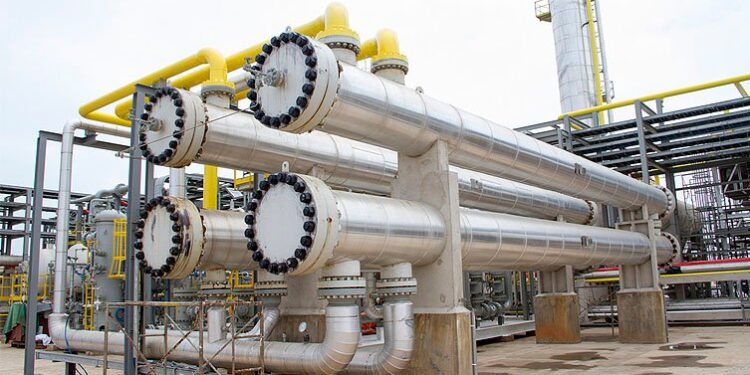Gov’t Faces $89.9 Million Fuel Procurement Bill to Avert Power Crisis Amid Gas Pipeline Maintenance
The new Mahama Government must secure $89.9 million to procure liquid fuel for electricity generation, as the West Africa Gas Pipeline (WAGP) prepares for a month-long maintenance shutdown in January 2025.
The maintenance, known as pigging, threatens to disrupt natural gas supply from Nigeria, heightening fears of prolonged power outages, locally termed dumsor.
The Ghana Grid Company Limited (GRIDCo) in a statement has warned of a significant power generation deficit during the maintenance period, asserting thermal plants, which rely on natural gas, lack adequate liquid fuel reserves to meet demand.
Cost of Averting a Crisis
GRIDCo’s statement outlined that $89.9 million is needed to operate thermal plants in Tema, including Cenpower, Asogli, AKSA, and KTPP, during the gas supply disruption. Without this intervention, the power sector could face severe strain.
To mitigate the crisis, GRIDCo has recommended:
- Fuel Procurement: Immediate purchase of liquid fuels to sustain power generation.
- Gas Supply Coordination: Aligning production schedules with ENI and Tullow to optimize limited gas resources.
- Capacity Expansion: Securing an additional 244.66 MW of dependable power generation by Q4 2025.
- Supplementary Supplies: Acquiring 129 mmcfd of natural gas or equivalent liquid fuels to meet projected demand.
Delayed Maintenance Raises Stakes
The maintenance exercise, originally slated for October 2024, was deferred by the outgoing administration, leaving little time for contingency planning.
GRIDCo has described the situation as critical, warning that insufficient action could lead to widespread power disruptions.
Government Steps In
The new administration has held emergency meetings with power sector stakeholders to develop a strategy for addressing the shortfall. A task force has been directed to present a roadmap by the end of the day.
The energy sector’s challenges come as Ghana grapples with broader economic pressures, with policymakers facing mounting expectations to deliver swift and decisive action to stabilize power supply and avert an economic fallout due to prolonged power outages.








